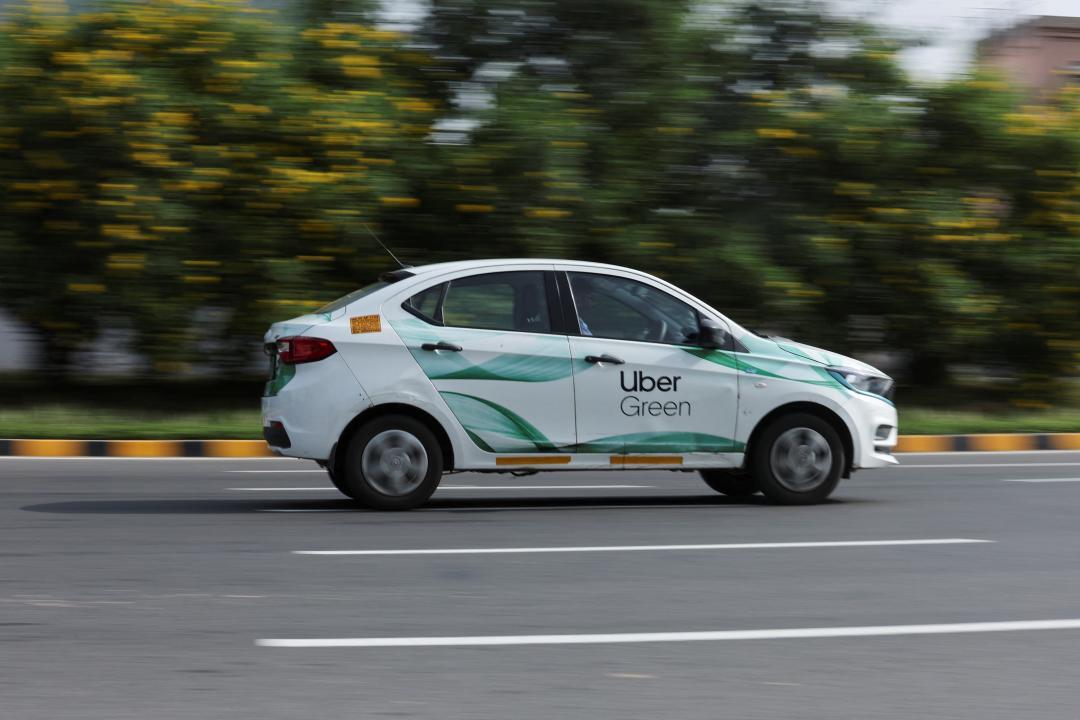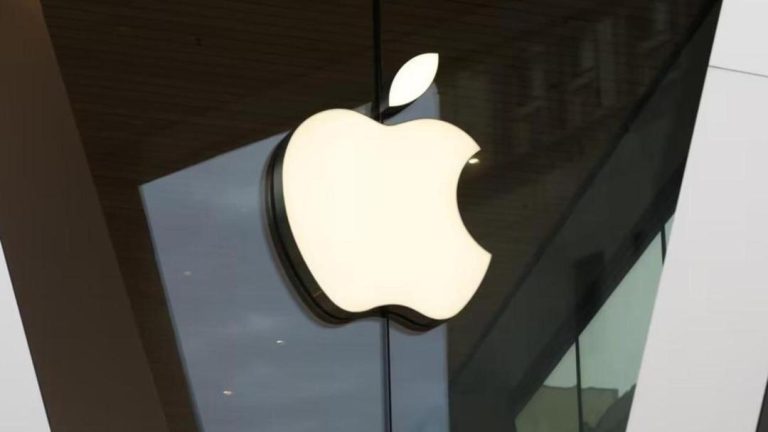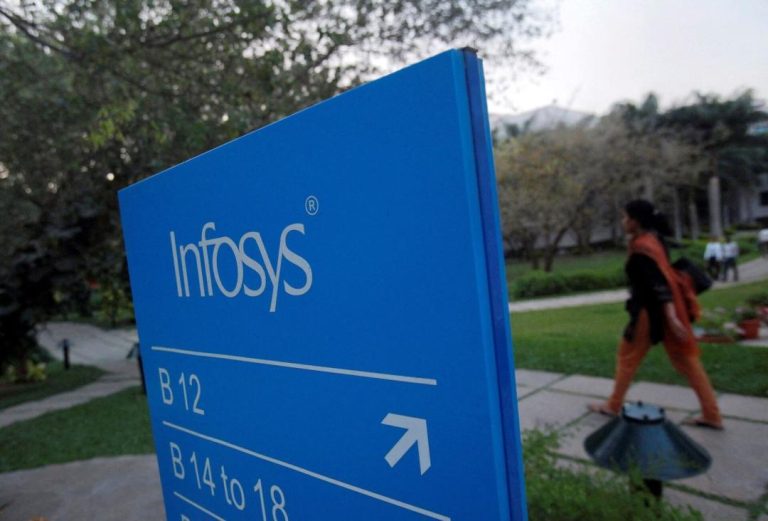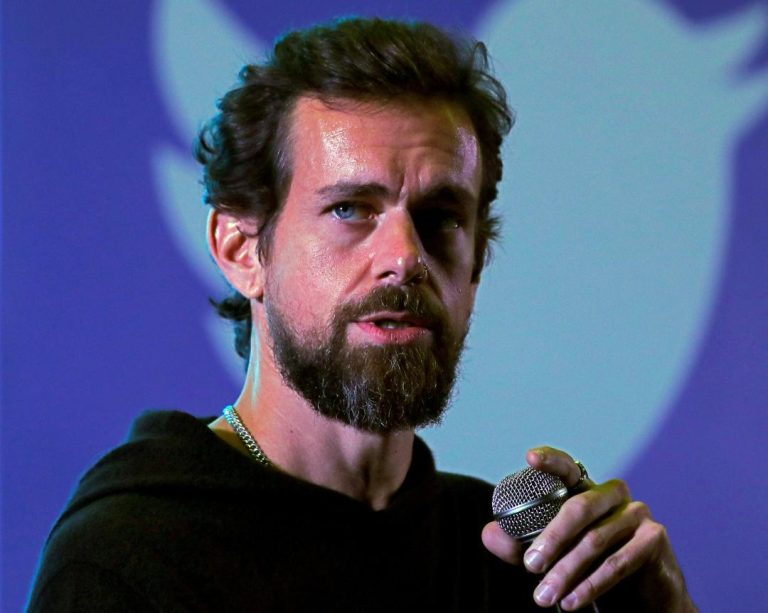
Why are Ola, Uber & Rapido drivers on indefinite strike in Mumbai?
In a major disruption to the city’s transportation system, drivers of ride-hailing companies Ola, Uber, and Rapido have gone on an indefinite strike in Mumbai. The strike has resulted in longer wait times and fewer cabs on the road, leaving commuters frustrated and struggling to get around the city. But what’s behind this sudden strike, and what are the demands of the drivers? Let’s dive into the story.
According to reports, the drivers are protesting against the low earnings they receive after deducting aggregator commissions and fuel expenses. They claim that their actual income falls to just ₹8-12 per kilometre, which they believe is unsustainable amid rising fuel and maintenance expenses. This has led to a sense of desperation among the drivers, who feel that they are being exploited by the companies.
The strike has been called by the Mumbai Cab Owners and Drivers Association, which represents thousands of drivers in the city. The association has demanded that the companies increase their earnings by reducing the commission rates and providing better facilities to the drivers. The drivers are also seeking a reduction in fuel prices and an increase in the minimum fare.
The strike has had a significant impact on the city’s transportation system, with many commuters taking to social media to express their frustration. “I’ve been waiting for 20 minutes for a cab and still no sign of one,” tweeted one commuter. “This strike is causing so much inconvenience,” wrote another.
The companies, on the other hand, have been trying to resolve the issue through negotiations with the association. Ola and Uber have offered to increase the earnings of their drivers, but the association has rejected their offers, saying that they are not sufficient. Rapido has also offered to increase the earnings of its drivers, but the association has demanded a more comprehensive solution.
The strike has also highlighted the issues faced by the drivers, who are forced to work long hours for low wages. Many drivers have to work for 12 hours a day, 7 days a week, and still struggle to make ends meet. The strike is a desperate attempt by the drivers to draw attention to their plight and demand better working conditions.
The strike has also raised questions about the business model of ride-hailing companies. The companies make their profits by taking a large commission from each ride, leaving the drivers with a small share of the revenue. This has led to a situation where the drivers are forced to work long hours for low wages, while the companies reap the profits.
The strike is not limited to Mumbai alone. Drivers in other cities, including Delhi and Bengaluru, are also planning to join the strike in support of their Mumbai counterparts. The strike has the potential to disrupt the transportation systems of many cities across the country.
In conclusion, the strike by Ola, Uber, and Rapido drivers in Mumbai is a desperate attempt by the drivers to draw attention to their plight and demand better working conditions. The drivers are protesting against the low earnings they receive after deducting aggregator commissions and fuel expenses, and are seeking a reduction in commission rates and better facilities. The strike has highlighted the issues faced by the drivers, who are forced to work long hours for low wages, and has raised questions about the business model of ride-hailing companies.






